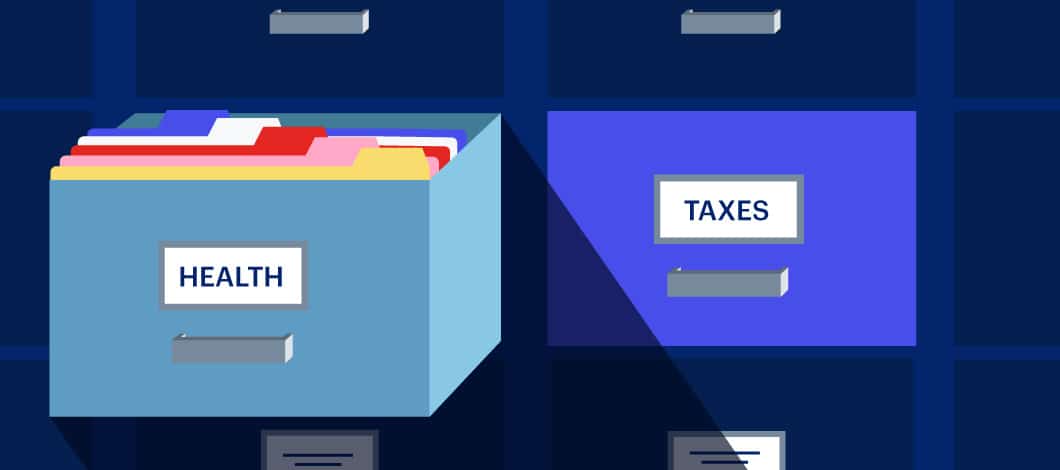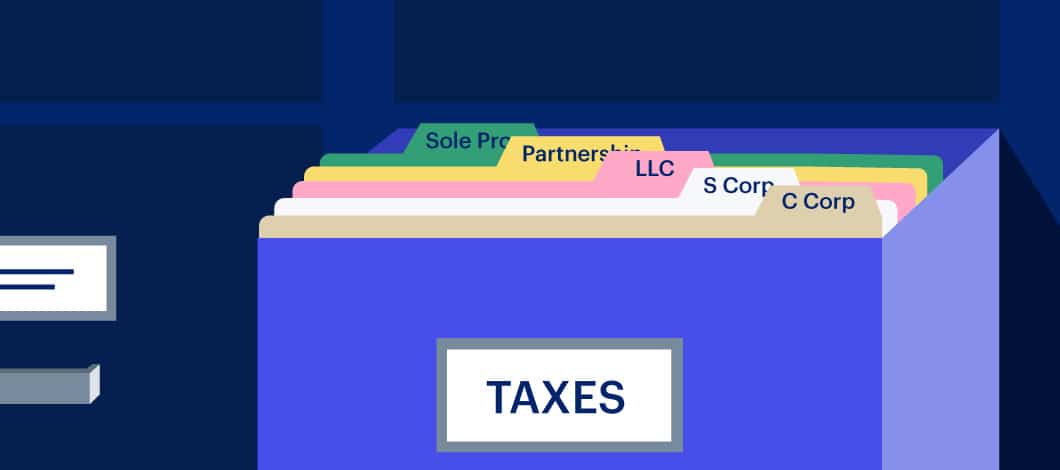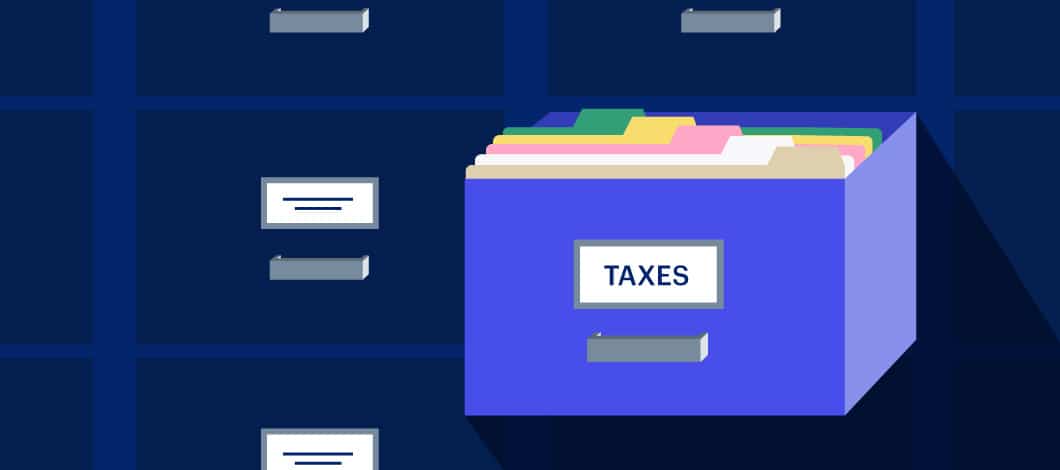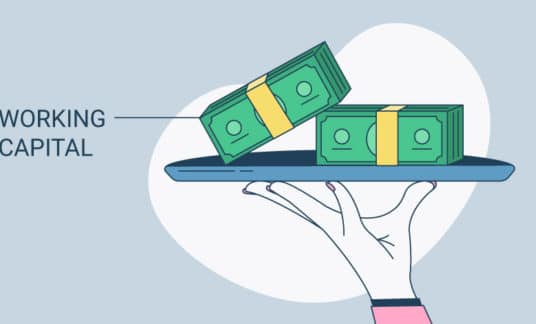All businesses must file an income tax return each year. “Doing your taxes” means determining what your business owes the government and what’s deductible from those taxes owed. Here, we’re tackling 10 of the most common small business tax questions from business owners. There are different ways you can handle the tax-filing process. Your approach can depend on factors such as the number of employees you have, the benefits you offer them and the business expenses you require.
1. Does my business qualify for business income deductions?
Yes, all businesses qualify for income deductions, and it’s key to keep track of the expenses that qualify. Another common question from small businesses is which expenses are deductible. Some expenses aren’t deductible, such as fines and penalties, political contributions, commuting expenses and entertainment expenses. However, most business expenses qualify as tax-deductible; as long as your business is registered, you can save money come tax season by reducing some of what you owe the government.
2. What business expenses can I deduct?
Most business expenses can be deducted — as long as they are reasonable and necessary for the business to operate. Some examples of deductible business expenses are the technology and equipment employees use, as well as office supplies that keep the business functioning. If you’re renting your office space, you can even deduct your rent.
Keep in mind there are limitations to what business expenses can be deducted to prevent exorbitant splurging. For example, only 50% of business-related meal and dining expenditures can be deducted. While each employee’s daily commute to work isn’t deductible, any employee’s travel expenses are covered when they travel for business, including hotel expenses, air tickets and meals.
3. How does my PPP loan impact my tax filings?
If your business received funding from the Paycheck Protection Program (PPP), how you utilized the money and whether your loan is forgiven will affect your tax filings in 2021.
Any PPP funding you received also affects standard business deductions for 2020. This year, expenses such as office rent or employee wages can’t be deducted if you used forgiven PPP money to cover them, according to the IRS. The Small Business Expense Protection Act would reverse this rule, but Congress hasn’t approved it as of December 2020, and other legislative action isn’t imminent. If you haven’t yet received approval for your PPP loan forgiveness, you might want to file an extension for your 2020 tax return.
4. Do I need an EIN to file taxes, or is my SSN enough?
An Employer Identification Number (EIN) is like the Social Security Number (SSN) of businesses. Each business that registers for an EIN gets a unique ID number used almost exclusively by the IRS and banks for taxpaying purposes. If your business is registered as a sole proprietorship and you don’t have any employees or freelancers on board, you can file your annual business tax return using your own SSN and skip applying for an EIN. However, if you’re an LLC, an S-corp or a C-corp, you need to file your taxes with your EIN. If you don’t have one, you can apply online for an EIN.

5. Can my employees be reimbursed for health coverage?
If you don’t provide your employees with health benefits, then a common question from small business owners is whether employees can be reimbursed for covering their own health care. Not only is this prohibited, but you could also be penalized for reimbursing your employees’ health care, with as much as $100 per employee per day of reimbursement. That considered, one option is to factor health care into your employees’ salaries to help them cover the costs.
6. How does leasing vs. owning affect my tax return?
If your small business needs equipment, a vehicle or office space to operate your business, you might question whether buying or leasing is ultimately less costly after factoring in taxes. Owning a vehicle, property or piece of equipment grants you depreciation deductions; leasing does not. Because you can finance property to own it, sometimes buying comes with a lower down payment than leasing, whereas sometimes the leasing rate can be lower. An accountant can help you find your best option depending on your business’s finances.
7. When do I have to issue Form 1099-MISC to contractors and freelancers?
A 1099-MISC is a “miscellaneous income” form a business must send to any contractor or freelancer whom you paid $600 or more for a service provided. It could be a lawyer, creative professional, accountant or any other independent agent. You’ll need to issue them their 1099 form by Jan. 31 of the year following their payout.
8. What’s the best retirement plan for my business?
Setting up an employee retirement plan pays off not just for your employees, but also for your bottom line. Retirement benefits are tax-deductible, and assets in the retirement plan grow free of tax. A tax professional can look over your finances to answer your tax questions and help you determine the best retirement plan to offer your employees while helping you save money.
9. Do I need a CPA or tax preparation software to do my taxes?
This is a common tax question from small business owners. Chances are, you’re already using cloud-based software — such as Quickbooks or Wave Accounting — to keep track of your business expenses and your sales. If so, your bookkeeping or accounting software probably integrates with a cloud-enabled tax preparation software like TurboTax or TaxSlayer. This makes getting your taxes done highly convenient; considering the low cost of tax software, using it could potentially prove to have a high ROI. However, using the technology in your bookkeeping software or even in Excel alone, you or an accountant can follow the rules on your tax form and file your taxes online without the need to go through a tax preparation software. Whether you want to use an accountant in addition to any software can depend on your business’s structure and if your returns are particularly complicated.

10. How do I prepare my business tax return?
Simply locate and fill out an income tax return form based on your type of business. You’ll need to file it either online or through your tax preparation software. If you have all your business’s records of income and expenses, whether inside a software program or on spreadsheets, you have the information you need to fill out the form. You can even use it to calculate what you owe and what can be deducted. If you haven’t been keeping track, you’ll have to log each sale your business made and every expense paid before you can fill out your tax return form. Be sure to submit your tax return by your deadline, which can change each year and is different for each type of company. Missing a deadline typically results in a penalty that takes more money out of your account.
Small Business Taxes: Best Practices
Taxes are complicated, and as tax season approaches, the task can start to feel overwhelming. Identifying your small business tax questions, having them answered and tackling each step — one at a time — can help you survive tax season and avoid common mistakes. Be sure to pay attention to the most up-to-date tax code to ensure details aren’t overlooked. It’s also a good practice to locate your forms and know your tax deadlines so you can plan ahead and meet them.











